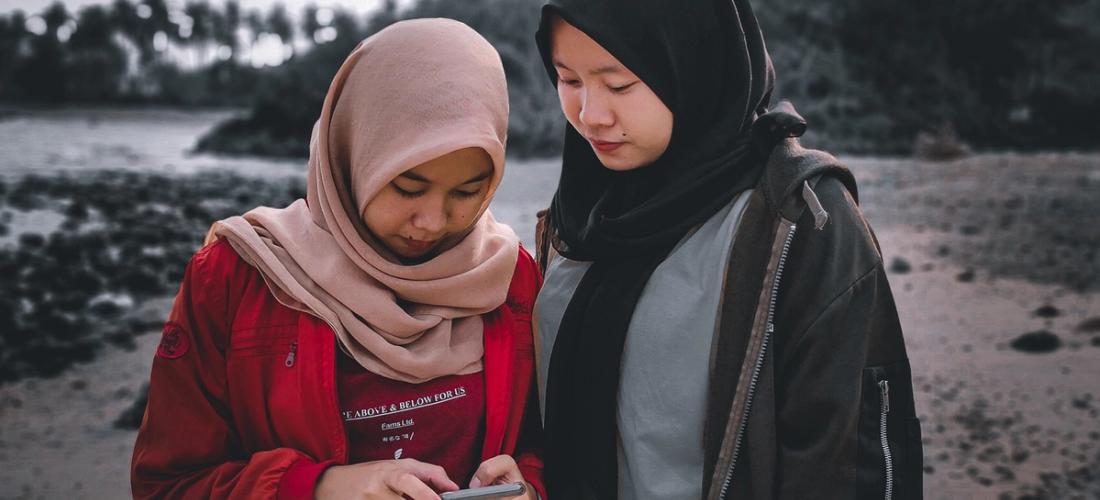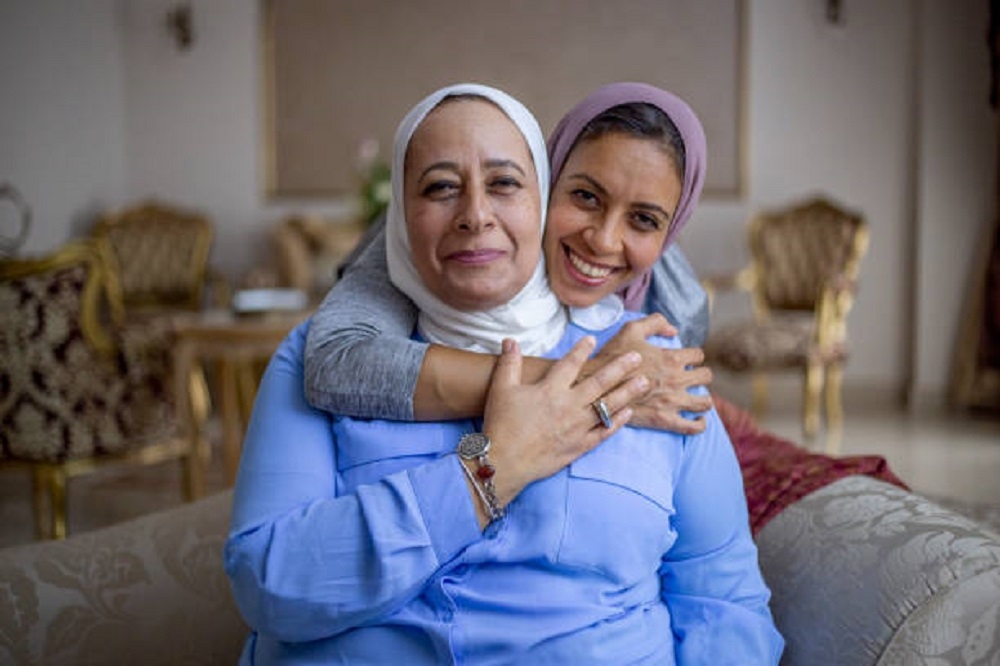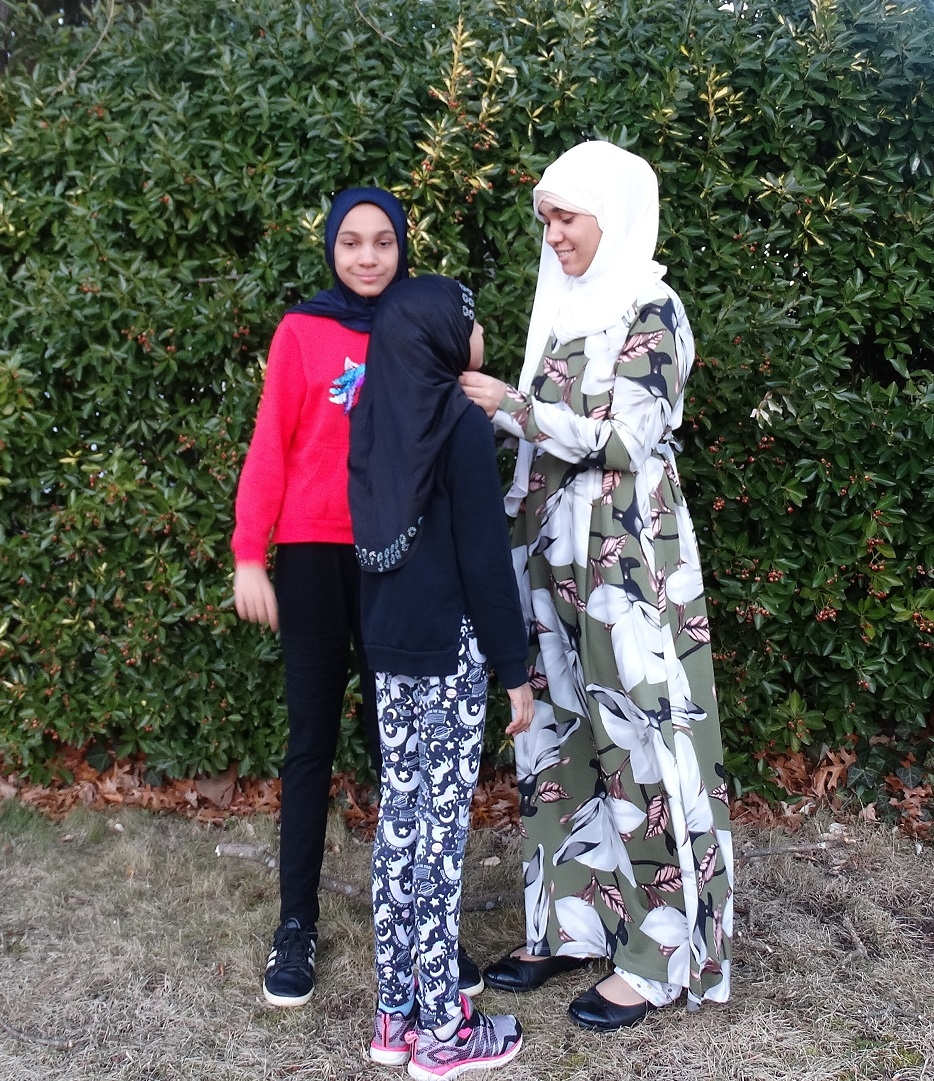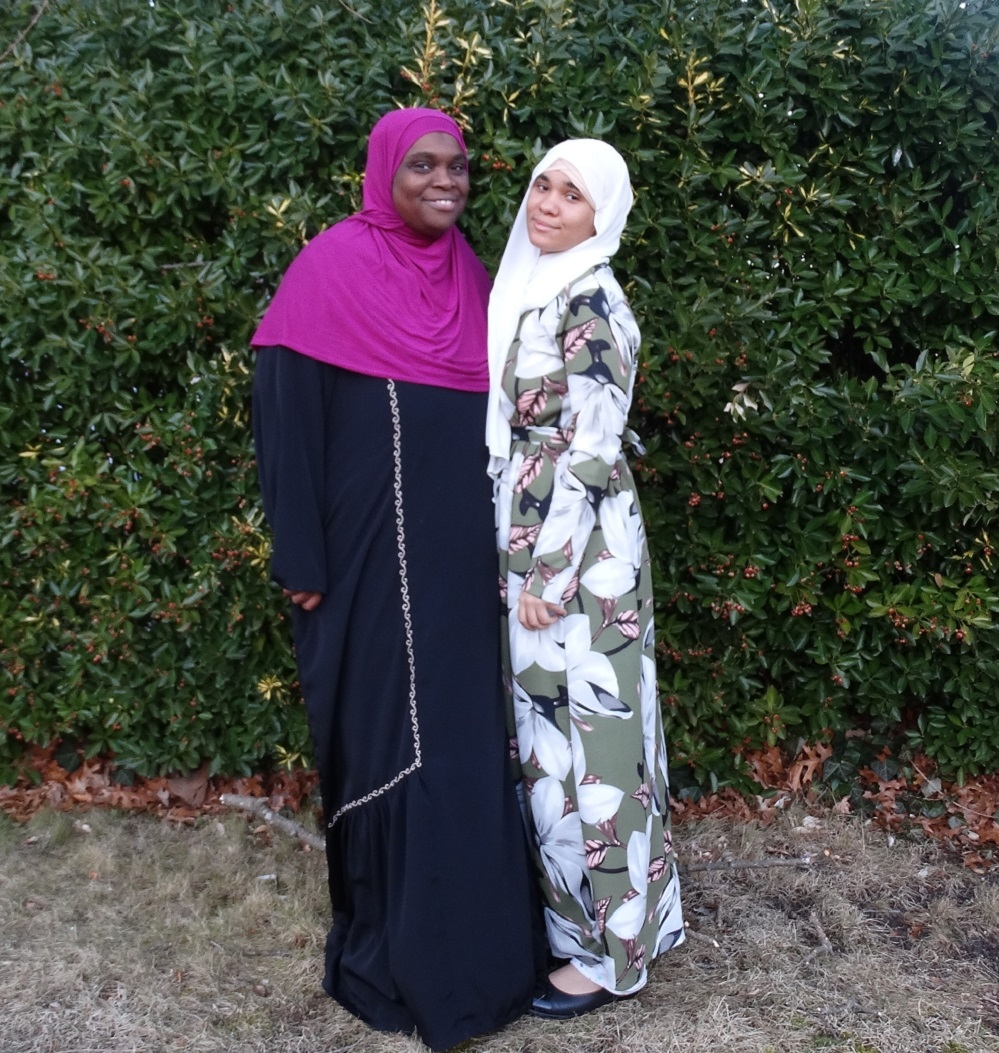5 Things A Mother Can Do to Foster Open Communication With Her Adult Daughter
Lifestyle
|
Jul 18, 2022
|
8 MIN READ

Image source: Pexels; photo by Rizik Anjilu
I parked the car in front of my daughter’s job and tapped at my phone screen while I waited for her to come out. I read what was on the screen and took a deep breath, muttering, “Unbelievable.” My fingers shook as I tried to respond to the disturbing text message, an outward manifestation of the uncertainty welling inside. Finally, I gave up and dropped the phone in the tray and rubbed my temples. What was the point? I wasn’t in the state to not be objective or even-tempered. Best to wait.
I noticed the building’s automatic doors glide open, and my daughter emerged, crossing the parking lot. Pushing my own life stresses to the back of my mind, I focused on the frown on her beautiful face. Something had displeased her, and I retracted my mother-bear claws in my mind. She flopped inside and mumbled salaams. I returned them and started the car. I asked her if everything was okay. She folded her arms and closed her eyes, telling the story of what a co-worker did to upset her so much that she considered quitting. I listened to her workplace perils as I drove home, offering her advice.
I’m a mom; that’s my job.
She stopped before finishing her story and looked at me. Her arms fell to her side and she tilted her head, asking me if I was all right. I told her I was fine, my voice quivering slightly at the sound of another text message notification. My daughter sat straight and gave me a reassuring smile as she asked me to open up to her. I glanced at her, grateful for how easily she detected how I felt and offered comfort and empathy, the same way I would for her. I asked her to wait until we got home for me to open up, because if I did it then, I would probably cry.
When we got home, my two youngest daughters flew into my arms, giving much needed hugs and kisses. I got them settled while my oldest daughter made coffee. Once we were alone, we talked through our problems, each providing the other with support. For her, it was mom being mom, but for me, it was part of a new dynamic of our relationship that I didn’t experience when she was younger – one of friendship and sisterhood in addition to familial closeness.

Image source: Pexels
The bond between mother and daughter can be a gift from Allah (S), unique in the structure and influence between each of them as individuals. I am grateful for the blessing of my three daughters and understand and appreciate how special my relationship with each of them is.
The Power of Mutually-Respectful Mother-Daughter Communication
The connection between mother and daughter can be one of the strongest that two people can share, making it a relationship worth cherishing and nurturing through productive communication that gives both mother and daughter a sense of value and respect.
Mothers and daughters with a close and mutually-validating relationship may have a stronger connection than any other intergenerational (i.e., mother-son, father-daughter or father-son) relationship. Mothers and daughters may have similar brain patterns that regulate emotions and mood. While other relationships and environmental factors are probably influencing a girl’s development, umi (mom) is more likely to understand where her daughter is coming from and will have a more significant opportunity to offer support and love.
Mothers remain critical to a daughter as she transitions into a woman. According to one study, mothers play a significant role in the development of their daughter’s self-esteem throughout their lifetime. As life throws things at a woman, her mother becomes increasingly crucial in dealing with situations and how she sees herself. The advice we offer to our daughters as they become adults as well as how much we encourage them to confide in us can be so critical in how they manage other relationships in their lives.
All of which all beg these fundamental questions – how do we nurture positive, loving and effective communication with our daughters as they grow into adulthood? How do we compete with the millions of other influences in their lives?
According to a study in the Journal of Family Issues, “The mother-daughter relationship during these years remains an important, intimate bond. It continues to reflect the daughter’s separation, autonomy and independence against the backdrop of continuing closeness to and emotional support from mothers.” Basically, a woman will want her mama to talk through issues and get support to fortify her ability to cope.
A mother who has spent her daughter’s life providing comfort and care will want to be there in whatever capacity necessary to help her child thrive as a woman. However, the change in the relationship dynamics with her daughter (who is no longer a little girl but a woman) requires her to adjust the support she offers and how they communicate. Grown daughters have different needs. A mom must adapt and balance her stable role as a caregiver and her new relationship with her daughter.

The author's daughters; image source: Layla Abdullah-Poulos
According to a study in the Journal of Family Issues, “The mother-daughter relationship during these years remains an important, intimate bond. It continues to reflect the daughter’s separation, autonomy and independence against the backdrop of continuing closeness to and emotional support from mothers.” Basically, a woman will want her mama to talk through issues and get support to fortify her ability to cope.
A mother who has spent her daughter’s life providing comfort and care will want to be there in whatever capacity necessary to help her child thrive as a woman. However, the change in the relationship dynamics with her daughter (who is no longer a little girl but a woman) requires her to adjust the support she offers and how they communicate. Grown daughters have different needs. A mom must adapt and balance her stable role as a caregiver and her new relationship with her daughter.
As my oldest daughter matured, I realized that in many ways, she still needed me to nurture her but to also let her develop into a woman and be there for her as a friend in addition to being her mother.
No longer a little girl, an adult daughter can also become her mother’s confidant as they build a new relationship as Muslim sisters and women, wherein each has a shared investment. One study found that certain aspects of parent-offspring neurocircuitry similarities were “significantly greater than mother-son, father-daughter, and father-son associations.”
Mothers and daughters can have distinctive shared empathy and be emotionally in sync in ways that may not be present in other parent-child relationships. Therefore, mothers may find connections and conversations with their adult daughters equally crucial to their own emotional well-being and will want to foster and strengthen their bond. Here are a few things a mother can do to have a productive adult relationship with her daughter:
1. Build a foundation of positive feelings.
Many mothers discover that they increasingly need their adult daughter’s support just as much as the support they give them. One of the best ways to develop a mutual support system is to generate positive feelings with your daughter. Spend time enjoying each other so both of you feel emotionally fulfilled and validated. Hang out with your daughter.
Establish a few weekly “check in times” with each other (depending on how much you want to talk with each other, if you live geographically apart). Learn a new skill or volunteer together and appreciate how they’ve grown.
2. Respect them as individual adults.
It may be hard to see past the little girl who needed you to teach her how to tie her shoes, but if you want an enriching relationship with your grown daughter, you must treat her more like a sister in Islam. Ask her advice, demonstrating that you trust her judgment the same way she trusts yours. Turn to her for advice as a peer with her own perspective.
3. Appreciate her individual personality.
We may recognize that our children have unique ways of thinking, feeling and interacting with each other, us and the world. Celebrating our daughter’s uniqueness can be easy when they are young and cute. Little Ayesha wearing ski boots in summer or twirling in puddles is sweet when she’s five but not so much when she’s 20. As they age, we often prioritize societal conformity over our daughters’ individuality. However, we must extend our acceptance of our daughters' identities to how they navigate the world as adults.
Our daughters will do things their way, which is not bad. We raised them to love themselves and develop as individuals, so we must show that we appreciate who they are. Take your daughter on a date alone and get to know her as her own person, away from family and friends.

The author and her eldest daughter
4. Accept lifestyle differences.
Coming to terms with the reality that our daughters may not live the way we do can be a tough pill to swallow, especially when it comes to matters of faith. We try to raise our daughters to be good Muslim women, but how they interpret that when they become adults may be different then what we teach. It is highly likely that their concepts of what it means to be a woman and Muslim will be different than ours, making it necessary for us to accept where they are on their life journeys as both. Will you always agree with their choices? No. And they won’t always agree or follow the advice you give or examples you set.
Offer them support and guidance as your daughter traverses through life, but do not force your ideals on them. Give them space to decide who they are, offering advice when asked without judgment. It can be especially hard to accept your daughter's lifestyle choices if they clearly conflict with Islamic teachings. However, try to find common ground from which you can love and respect each other. Mutual respect and understanding is the foundations for a lifetime of communication in your mother-daughter relationship, and the things that worry you now may evolve and change as your daughter continues to mature.
5. Engage in active listening.
Conversation is vital for mothers to maintain fulfilling relationships with their adult daughters. We spend most of our daughters’ lives hearing out for their needs, but as they enter adulthood, it becomes increasingly vital that we listen to our daughters, valuing their perspectives and worldviews. Making significant changes in the ways we communicate with our daughters can lead to a greater appreciation of the women they became.
I often listen to my adult daughter and think, Dang! I raised this extraordinary person, Masha’Allah. Her perspective is one I’ve valued more over the years, but only after I learned to set aside the problem-solving mother in me and actively listen to what she said as another woman.
Transitioning from hearing to active listening can be challenging, but learning how to lead your daughter to feel valued as an adult and more ready to open up to you. Active listening includes:
- Maintaining eye contact
- Not interrupting
- Avoid judging or jumping to conclusions
- Not concentrating on what to say next
- Not forcing your opinions or conclusions
- Paraphrasing and summarizing what they said
[source: British Heart Foundation]
We can value our adult daughters and enjoy stronger bonds with them if we work on creating validating adult relationships with them. Insha’Allah, they will be one of our closest companions for the rest of our lives.
Subscribe to be the first to know about new product releases, styling ideas and more.
What products are you interested in?

